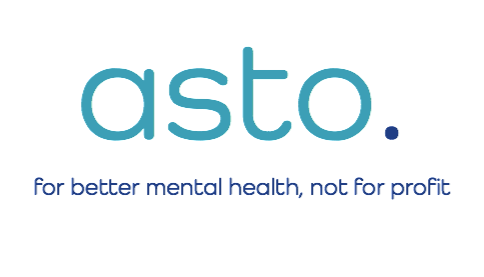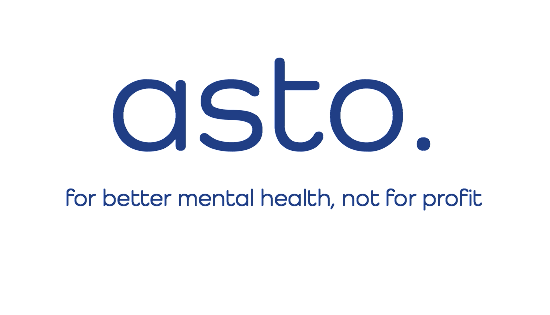“The Face with a Thousand Masks”
When people think of obsessive-compulsive disorder or OCD, they often think of people who excessively check things, such as doors or taps, perhaps in response to having thoughts/images (obsessions) about some impending danger, or people who excessively clean/wash themselves or different objects or surfaces as a result of having fears about contamination. Whilst it is true that obsessive doubts about harm and fears of contamination with their associated compulsions account for 62% of OCD behaviour, these are not the only manifestations of such a common, long-standing, and debilitating mental health problem as OCD. It is a well-known fact that the symptoms of OCD tend to vary from person to person and people experience other forms of obsessions such as: excessive concern with exactness, order, or symmetry (10%); worrying about the body or physical symptoms (7%); religious, sacrilegious, or blasphemous thoughts (6%); sexual thoughts or images, including fears of being a paedophile (commonly referred to as “P-OCD”) or homosexual (“H-OCD”) (6%); urges to hoard useless or worn out possessions (5%); and thoughts or images of violence or aggression (4%).
Unlike other mental health problems, such as clinical depression, OCD does not tend to be episodic but is instead a persistent problem, suggesting that over a period of time people with OCD are likely to experience different obsessions and compulsions. This may have led to some people to conclude that they “have had different types of OCD come and go over time”. The reality, however, is that people have continued to experience OCD and its fluctuating symptoms so the same “face” has remained but different “masks” have changed.
In our OCD Treatment Programme, we use the metaphor of a bottle as the OCD and the content of this bottle representing various obsessions and compulsions. Our goal is to help you learn to break the bottle, rather than empty it, so that there is no more room for other thoughts/images or behaviours to be replaced. By its own nature, OCD is likely to fluctuate over a period of time if it remains untreated and this may feel that it is changing to something else. However, the beliefs, attitudes and rules known to drive OCD are unlikely to reduce or change if not addressed directly with effective therapy. Most studies looking at what therapies are best for overcoming OCD have concluded that a specific type of cognitive-behaviour therapy (CBT), accessed either on a one-to-one basis or in a group, is the most effective treatment for this problem. Our 12-week Treatment Programme based on CBT may be able to help you “break the bottle”.

